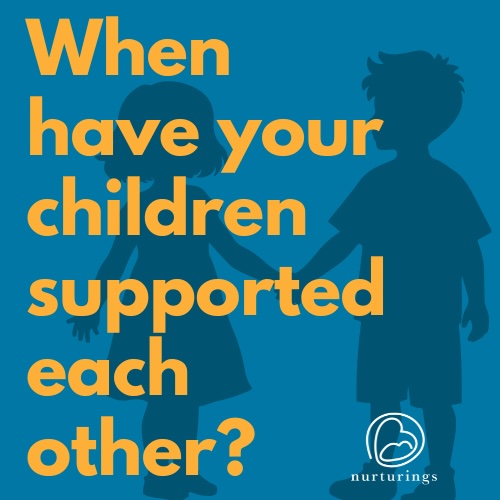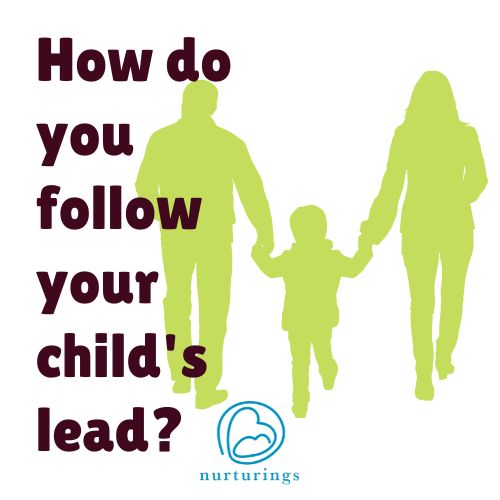When I was pregnant, I could sleep anywhere anytime. I'd have loved to sleep through the first two-thirds of pregnancy. I could rest for 12 long hours every night and still enjoy a morning nap.
But there was one thing that kept me awake at night, staring at the ceiling, wondering and worrying: my son's warm body snuggled next to mine, his arm draped over my growing belly.
I'd pull him closer to me and wonder, What have I done? How is this going to rock his world? What is going to happen to my relationship with him?
The "what ifs" scrolled through my mind at a dizzying speed. How was I possibly going to be able to handle mothering two children, especially when one would be a needy newborn?
Each of my children were carefully and lovingly planned, but the moment that pregnancy test turned out positive, the excitement was immediately mixed with worry and doubt: I was doing the right thing for my family, right?
I wrestled with that question.
I enjoyed growing up with a sibling and so would my son, I reasoned with myself. Lots of people have two children and somehow make it work, so I would be able, too.
Alongside each of these comforting thoughts, the worrisome thoughts fought for my attention. At some point in our childhood, my sister and I were no longer playmates and didn't get along again until she moved out. Would my children repeat this?
WORRIED? SEEK SUPPORT IN OTHER PARENTING FRIENDS
Eventually I reached out to friends with multiple children, asking them how they did it? Often, their comfort was well-meaning but not always helpful. I heard, "Oh, it just works out. You'll be fine," a lot. But I needed a response that was more concrete. When I heard this comment, my doubt retorted with "Just because they're fine doesn't mean you'll be."
I was thankful for the tangible advice these friends gave me. One of these gems of advice became my mantra, the most helpful suggestion I've ever received about being a mother of more than one: Don't blame the baby.
My friend shared how Mom blaming the baby for a change in routine encourages the older child to blame the baby when he or she feels jealous, and this blame can get in the way of the siblings' budding friendship.
When you are pregnant and your child wants you to play, tell your child that you just aren't feeling well today, but that's normal for mommies sometimes. (Don’t blame the baby.)
After the baby is born and you need to sit on the sofa to feed your newborn, tell your child that you just need to sit for a little bit and ask him to bring a book to you to read aloud. (Don’t blame the baby.)
I kept this in mind. A few months later, I remember my son meeting his baby brother for the first time. My older son was enthralled, mesmerized, and inspired...for about five minutes. After admiring his new brother, he was ready to play and go back to life as before.
MAKE PARENTING CHOICES BASED ON YOUR GOALS
In those first moments and days after my baby was born, I started to believe that mothering two would be okay. I saw how we, as a family, were embarking on a great new journey together.
Like all journeys, we've experienced some unexpected turns, bumps in the road, and vistas unlike we ever dreamed of. We've also come to some crossroads and needed to make decisions.
We've found books that support close friendships between siblings, such as the Boxcar Children and Magic Treehouse series. One unexpected twist in the path to sibling harmony has been a lack of support found in children's books. So many children's books explore jealousy between siblings and show fighting as the norm. Through careful selection.
We talk about families and the place that each person has in our family and how important each person is in our family.
None of this insulates us from squabbling between siblings. There are still arguments over toys and protests of "It's not fair!" But my boys love each other through and through.
It took a lot of conscious effort and problem-solving to find what works in encouraging their friendship and eventually their relationships with a baby sister.
When she is breastfeeding and gazing up at me with those big, beautiful baby eyes, I lean in and whisper to her, "You're so lucky! You have two wonderful brothers who can't wait to play with you!"
When have your children shown up for one another and supported each other?



